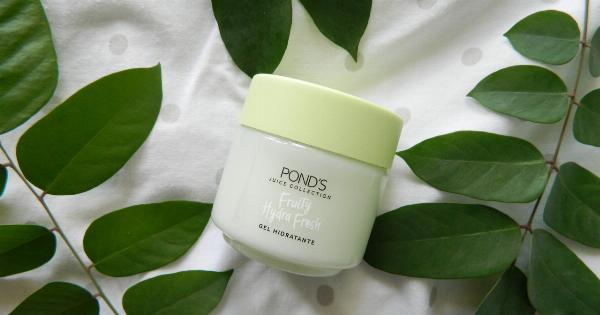Acne is a common skin condition that affects people of all genders and ages, but men may experience unique challenges when it comes to dealing with this issue.
Men’s acne can be more severe and persistent compared to women’s acne due to factors such as testosterone levels, hormonal imbalances, and facial hair growth. While mild cases of acne can often be managed through over-the-counter products and a proper skincare routine, there are times when it is necessary to seek the assistance of a dermatologist for effective treatment and prevention.
1. Persistent Acne
If you have been struggling with persistent acne that doesn’t seem to go away despite trying various over-the-counter treatments, it may be time to consult a dermatologist.
They can assess the severity of your acne and recommend prescription medications or other advanced treatment options that can effectively target the root causes of your acne.
2. Severe or Cystic Acne
Cystic acne is a severe form of acne that manifests as large, painful cysts beneath the skin. It often leaves deep and stubborn scars. If you have been dealing with severe or cystic acne, it is imperative to seek professional help.
Dermatologists can prescribe oral medications like isotretinoin, which is highly effective in treating severe acne and preventing future breakouts.
3. Acne Scarring
Men are more prone to developing acne scars due to the increased production of collagen in their skin. These scars can impact one’s self-confidence and require specialized treatments.
Dermatologists possess the expertise to suggest suitable treatment options such as laser resurfacing, chemical peels, microneedling, or dermal fillers to minimize the appearance of acne scars and improve overall skin texture.
4. Inflammatory Acne
Inflammatory acne is characterized by redness, swelling, and pus-filled lesions. It can be painful and challenging to manage without professional guidance.
Dermatologists can identify the specific triggers causing your inflammatory acne and guide you on lifestyle modifications, as well as prescribe topical or oral medications to effectively reduce inflammation and prevent future flare-ups.
5. Acne affecting Mental Health
Acne can have a significant impact on an individual’s mental health, leading to low self-esteem, social withdrawal, and even depression or anxiety.
If your acne is negatively affecting your emotional well-being and quality of life, seeking the help of a dermatologist is crucial. They can provide support, recommend appropriate treatments, and help restore your confidence.
6. Hormonal Acne
Imbalances in hormone levels can contribute to acne, and men may experience hormonal fluctuations due to factors like puberty, certain medications, or underlying medical conditions.
If you suspect that your acne is predominantly hormonal, a dermatologist can help assess your hormonal status and recommend suitable treatment options, including hormonal therapies to address the root cause of your acne.
7. Lack of Knowledge about Skincare
Many men may struggle with their skincare routine or lack proper knowledge when it comes to managing acne-prone skin.
A dermatologist can offer valuable advice on appropriate skincare products, cleansing techniques, and tailored routines to prevent and treat acne effectively. They can also guide you on how to maintain a healthy skincare routine to promote overall skin health.
8. Acne not responding to Current Treatment
If you have been diligently following a specific treatment plan for your acne but haven’t noticed any significant improvements, it is advisable to consult with a dermatologist.
They can evaluate your current routine, identify any potential triggers or mistakes, and recommend alternative treatments or adjustments to help you achieve clearer, healthier skin.
9. Professional Extraction
Attempting to pop or squeeze acne lesions at home can often do more harm than good, leading to potential infections or scarring.
Dermatologists are trained professionals who can perform safe and sterile extractions, minimizing the risk of complications and ensuring the best possible outcome.
10. Prevention and Long-term Management
A dermatologist is not only helpful in treating existing acne but also in providing guidance on preventing future breakouts and long-term management of your skin health.
Men who are prone to acne can benefit from professional advice on suitable skincare products, lifestyle modifications, and regular check-ups to maintain clear and healthy skin.



























